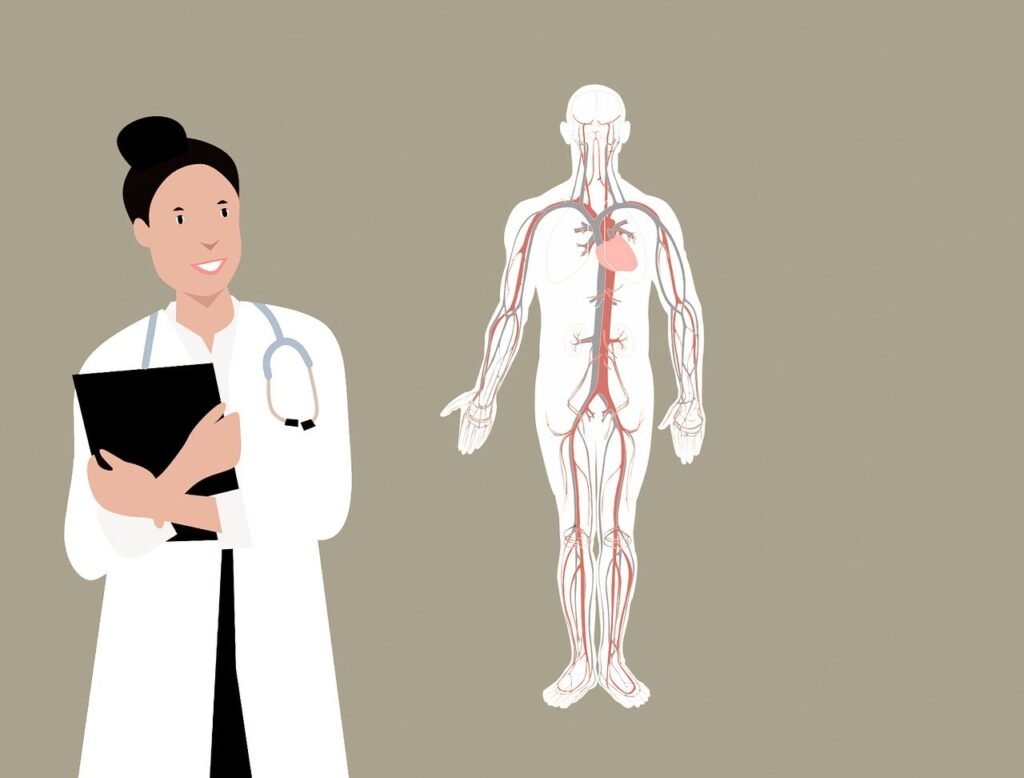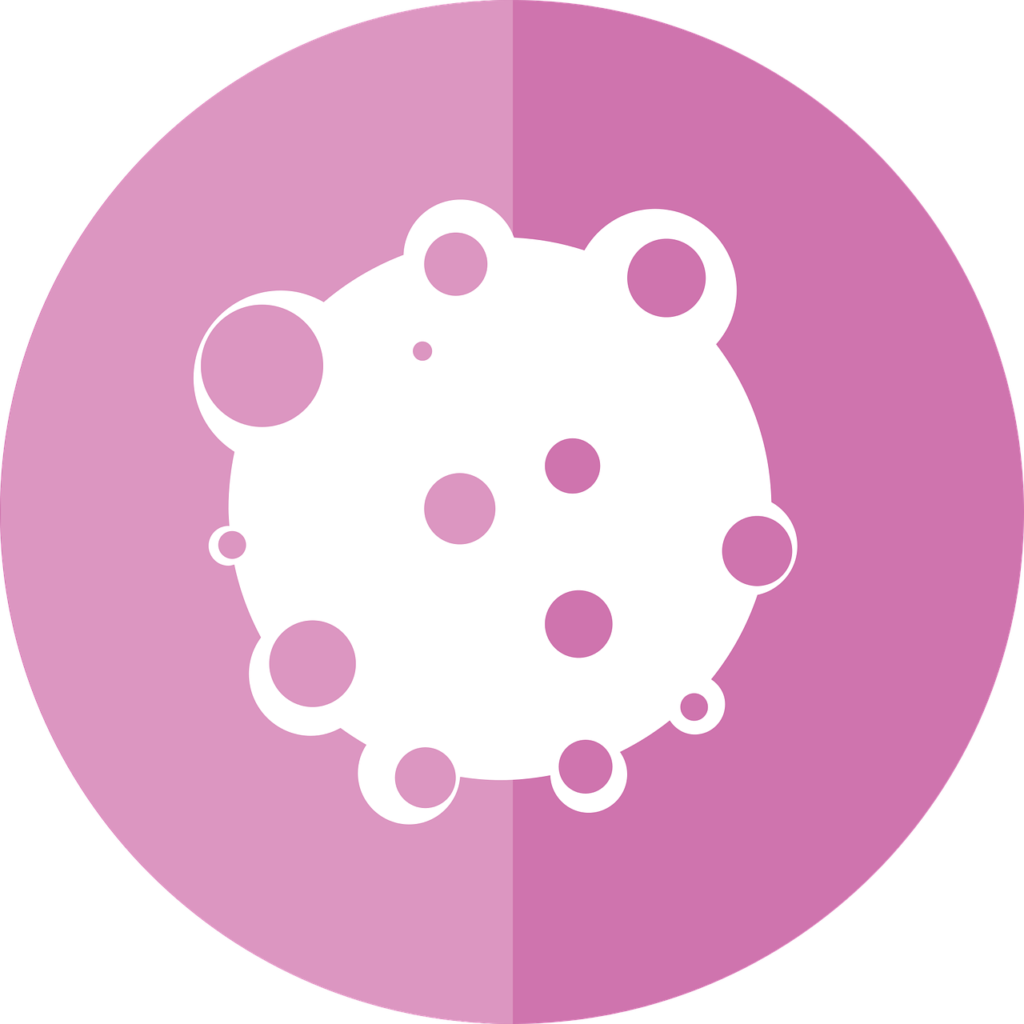Introduction
Cancer, derived from the Latin word ‘carcinoma,’ meaning crab, represents one of the most formidable health challenges humanity faces today.

Understanding Cancer.
encompasses a broad spectrum of malignant tumors resulting from the abnormal growth of body cells. It stands as the second largest cause of mortality globally, trailing only behind heart ailments, with over 200 known variations.
Incidence and Demographics
The majority of cancer cases manifest within the age group of 50-60. While age is a significant factor, gender primarily determines the affected site. In men, predominantly occur in the intestines, prostate, and lungs, whereas in women, they commonly affect breast tissues, uterus, gallbladder, and thyroid.
What Causes Cancer?
At the core of cancer development are mutations, alterations in the DNA of cells. These mutations can be inherited or acquired over time due to environmental factors. Carcinogens, external agents known to promote cancer, encompass physical, chemical, and biological substances.
Physical Carcinogens:
- Radiation
- Ultraviolet (UV) light
Chemical Carcinogens:
- Cigarette smoke
- Asbestos
- Alcohol
- Air pollution
- Contaminated food and water
Biological Carcinogens:
- Viruses
- Bacteria
- Parasites
According to the World Health Organization (WHO), approximately 33% of cancer-related deaths are attributed to factors such as tobacco use, alcohol consumption, obesity, and inadequate physical activity.
Risk Factors for Cancer
Several risk factors can increase an individual’s susceptibility to cancer:
- Tobacco use
- Excessive alcohol consumption
- Unhealthy dietary habits
- Sedentary lifestyle
- Exposure to environmental pollutants
- Prolonged exposure to radiation and UV light
- Viral infections such as HPV and hepatitis
Age also plays a significant role, with the risk of cancer rising with advancing age due to cumulative exposure to carcinogens and reduced cell repair mechanisms.
Understanding Cancer Types
Cancer is categorized based on its origin and the type of affected cells. Common clinical terms include:
- Carcinoma
- Sarcoma
- Leukemia
- Lymphoma
- Myeloma
Each type of cancer presents unique challenges and treatment approaches. From lung cancer to ovarian cancer, understanding the distinctions is vital for personalized care.
Importance of Early Detection
Early detection significantly enhances the effectiveness of cancer treatment and reduces mortality rates. Screening tests for various cancers, including cervical, prostate, lung, skin, colorectal, and breast cancer, enable timely intervention.
Treatment Approaches
Treating cancer necessitates a multifaceted approach. Dietary modifications, natural remedies, and innovative therapies complement conventional treatments to combat this disease effectively.
Localized Treatment: Localized treatment targets specific areas affected by cancer. This approach often involves surgical procedures or localized radiation therapy, precisely aiming to eradicate cancerous cells in a defined region.
Systemic Treatment: Systemic treatments encompass drugs that can reach cancer cells throughout the body. Chemotherapy, targeted therapy, and immunotherapy fall under this category, offering comprehensive coverage against cancer’s systemic spread.
Palliative Treatment: Palliative care focuses on alleviating symptoms associated with cancer, enhancing patients’ quality of life. From managing pain to addressing breathing difficulties, palliative treatment prioritizes patient comfort and well-being.
Common Cancer Treatment Modalities:

- Surgery: Surgical interventions aim to remove cancerous growths, often complementing other treatments to ensure complete eradication of cancer cells.
- Chemotherapy: This aggressive treatment employs potent medications to target rapidly dividing cancer cells, reducing tumor size and preventing metastasis.
- Radiation Therapy: Using focused radiation beams, this therapy aims to destroy cancer cells while minimizing damage to surrounding healthy tissues.
- Stem Cell Transplant: Also known as a bone marrow transplant, this procedure involves replacing diseased bone marrow with healthy stem cells, often used in leukemia treatment.
- Immunotherapy: Leveraging the body’s immune system, immunotherapy assists in identifying and attacking cancer cells, offering a promising avenue for cancer treatment.
- Hormone Therapy: This approach inhibits hormone-driven cancer growth, commonly employed in breast and prostate cancer management.
- Targeted Drug Therapy: By targeting specific molecules vital for cancer cell growth, targeted therapy provides tailored treatment options based on genetic characteristics.
- Clinical Trials: Clinical trials explore innovative cancer treatment methods, offering hope and alternative solutions for patients.
Alternative Therapies: Alternative medicine, such as acupuncture, yoga, and meditation, may complement conventional treatments, aiding in symptom management and improving overall well-being.
Outlook: Prognosis varies based on cancer type, stage, and individual health factors. Regular screenings, early detection, and adherence to treatment plans are crucial for optimizing outcomes.
Prevention: Adopting a healthy lifestyle, including tobacco cessation, a balanced diet, regular exercise, sun protection, and vaccination against cancer-associated viruses, can significantly reduce cancer risk.
Takeaway: Cancer treatment is multifaceted, encompassing various modalities tailored to individual needs. By staying informed, proactive, and embracing preventive measures, individuals can navigate the complexities of cancer diagnosis and treatment with resilience and hope.
Dietary Recommendations
Dietary changes form the cornerstone of cancer management. Cleansing the system and transitioning to alkaline-based diets rich in fruits, vegetables, and high-quality proteins offer significant benefits.
Innovative Treatments
Exploring unconventional treatments like wheatgrass therapy and the grape cure unveils promising avenues for cancer treatment. These natural remedies harness the body’s innate healing abilities to combat cancer effectively.
Vitamin Therapy
Vitamins play a crucial role in cancer prevention and treatment. Studies highlight the therapeutic potential of vitamins C and A, along with beta-carotene, in inhibiting carcinogenesis and preventing skin cancer.
Preventive Measures
Preventing cancer involves adopting a proactive approach. Incorporating green and yellow vegetables into one’s diet, as evidenced by numerous studies, significantly reduces the risk of developing various cancers. Preventing and outbreaks requires rigorous water purification measures, proper sanitation practices, and hygiene education. Regular handwashing, thorough washing of fruits and vegetables, and avoiding uncooked foods are crucial in preventing cholera transmission. Additionally, maintaining clean water sources and proper waste disposal are essential for controlling the spread of the disease.
Natural Remedies and Therapies
Natural remedies like garlic capsules and oil massage can provide relief from pain and inflammation associated with it. Lemon juice mixed with salt and chebulic myrobalan are also effective in reducing symptoms. Additionally, therapies such as hot fomentation and exposure to infrared rays can help alleviate discomfort.
Lifestyle Recommendations
Beyond dietary modifications, stress management, ample rest, and exposure to fresh air are vital components of a holistic approach to prevention and treatment.
Conclusion
though daunting, is not insurmountable. By understanding its causes, recognizing its symptoms, and adopting preventive measures, individuals can empower themselves in the fight against this pervasive disease.

Unique FAQs
- Can cancer be completely cured?
- While complete cure rates vary, early detection and comprehensive treatment approaches enhance the chances of remission.
- Are there specific foods that can prevent cancer?
- Studies suggest that a diet rich in green and yellow vegetables can significantly lower cancer risk.
- How effective are natural remedies like wheatgrass and grape cure in treating cancer?
- While more research is needed, these remedies have shown promise in complementing conventional cancer treatments.
- What role do vitamins play in cancer prevention?
- Vitamins C and A, along with beta-carotene, exhibit inhibitory effects on carcinogenesis, offering potential avenues for cancer prevention.
- Can lifestyle modifications reduce cancer risk?
Yes, adopting a healthy lifestyle, including dietary changes, stress management, and regular exercise, can substantially reduce the likelihood of developing cancer
